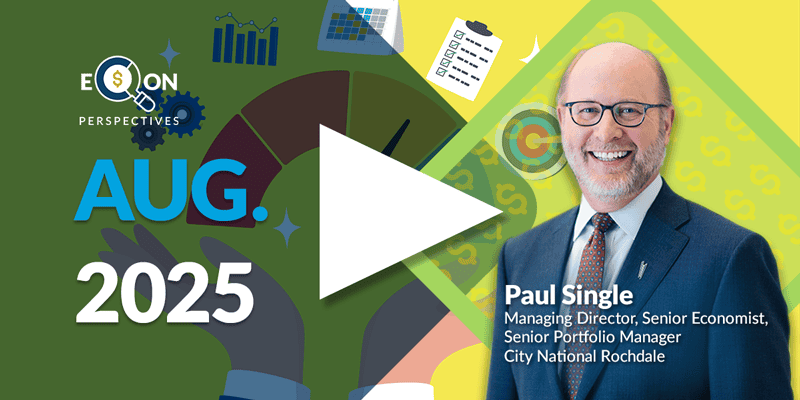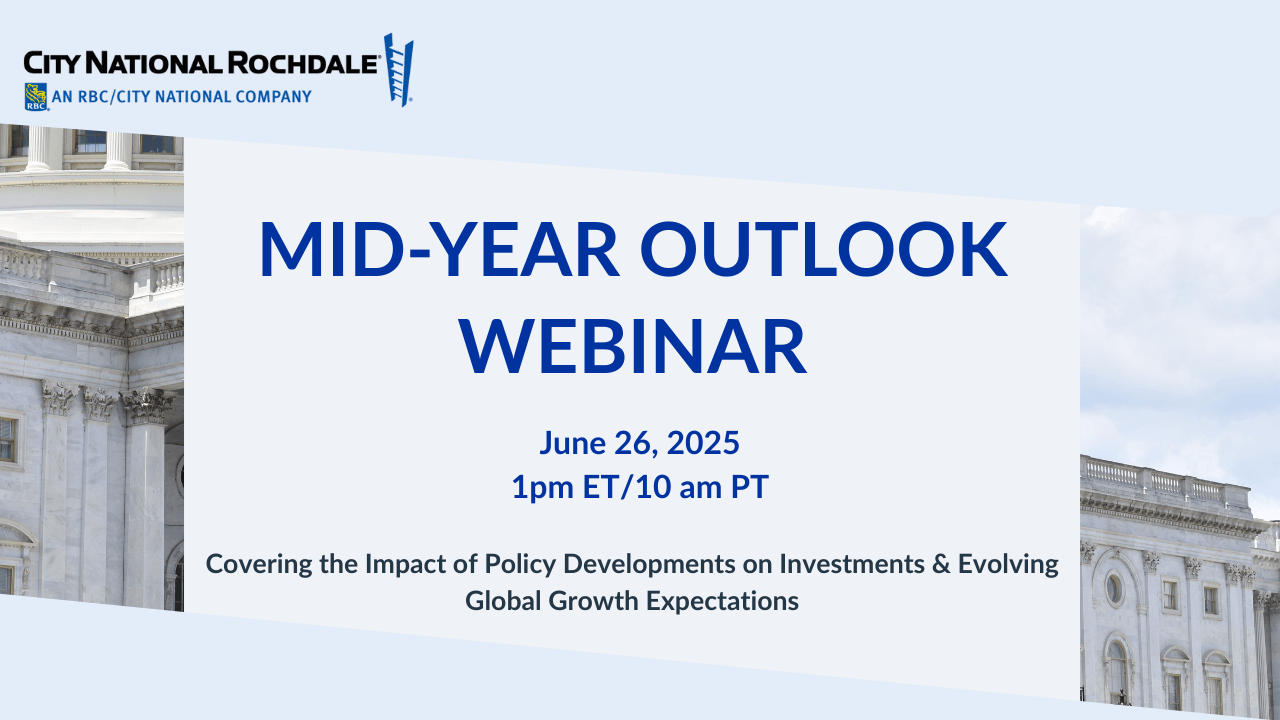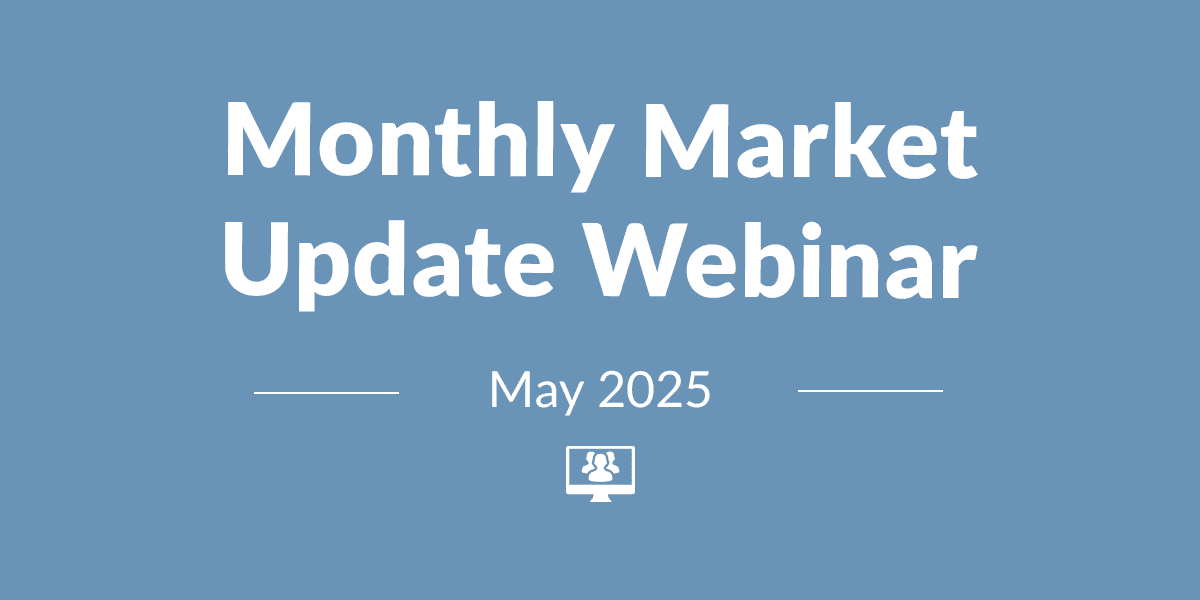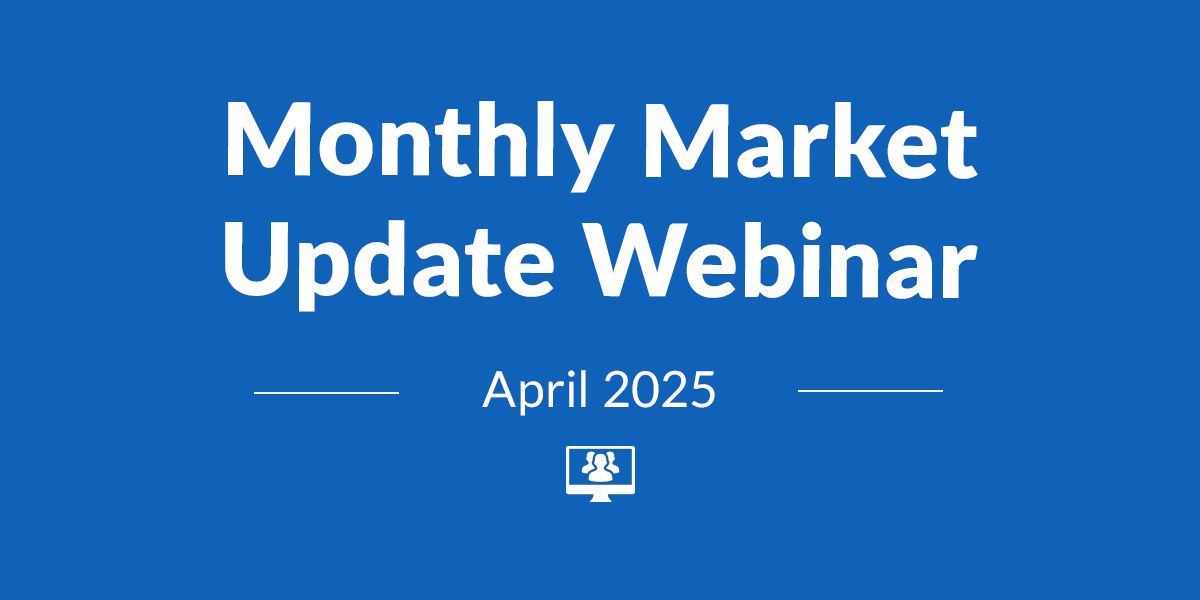
Market Perspectives: Shutdown Spooking Stocks?
City National Rochdale Insights
All Insights














%20(1).png)



If you have a client with more than $1 million in investable assets and want to find out about the benefits of our intelligently personalized portfolio management, speak with an investment consultant near you today.
If you’re a high-net-worth client who's interested in adding an experienced investment manager to your financial team, learn more about working with us here